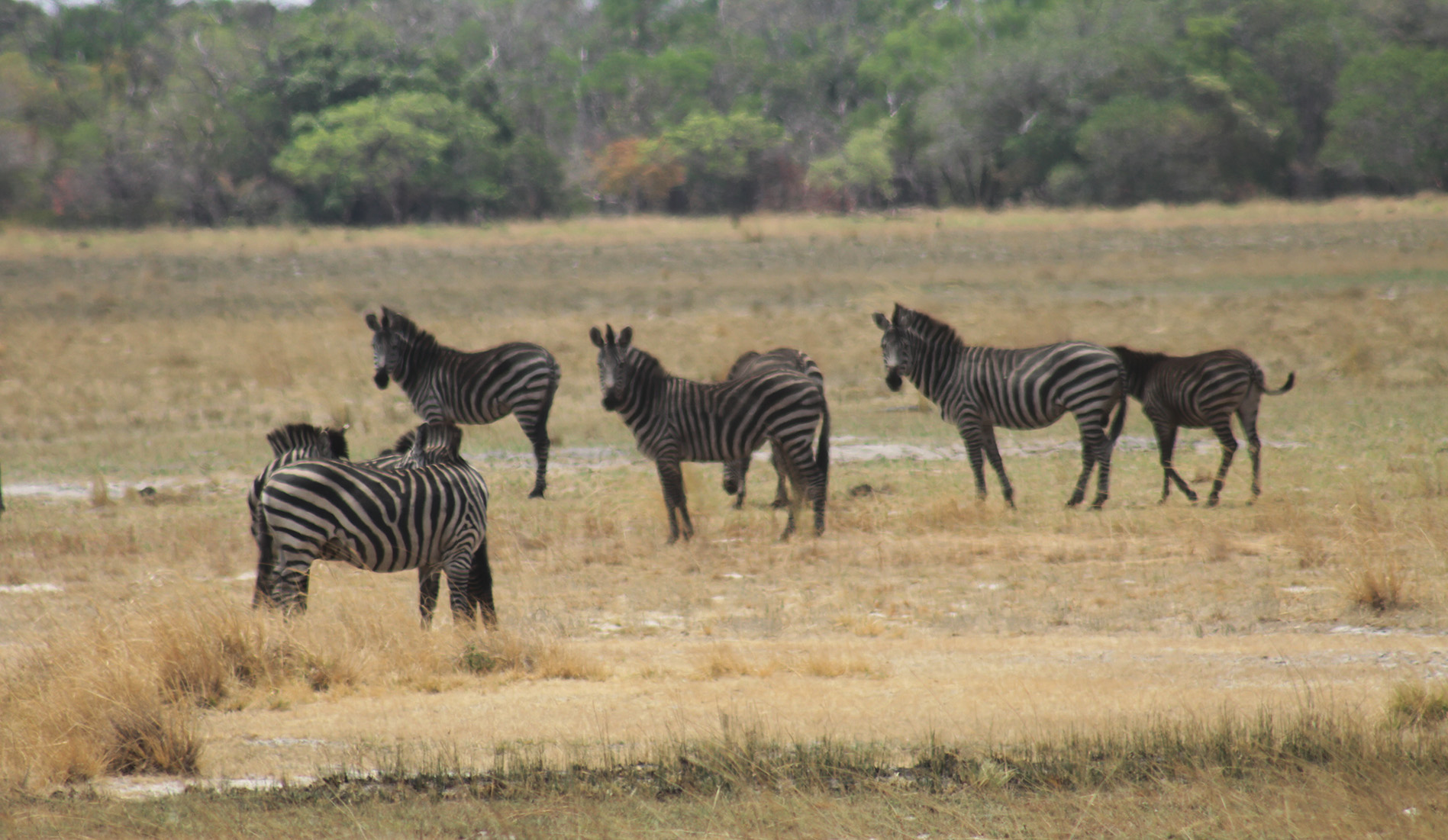THERE has been a notable increase in wildlife population in the Liuwa Plain National Park, with wild dog numbers currently standing at 12, according to park manager Deon Joubert.
This development comes as African Parks’ 20-year agreement for the management of the park comes to an end this year.
Speaking after African Parks handed over a Hino truck, a fish-drying centre and 12,500 books worth about US$133,000 to Lewanika Community Resources Board in Kalabo, Mr Joubert said “game numbers have improved”, with buffaloes and tsessebe currently standing at 300 each.

Once considered a major wildlife facility as far back as the 19th century, Liuwa underwent a significant drop in game population in the early 2000s due to poaching and unsustainable trophy-hunting.
By the late 1990s, the lion population had depleted to all but one solitary feline named Lady Liuwa.
This prompted the Department of National Parks and Wildlife and the Barotse Royal Establishment to engage African Parks in 2003 who began managing the facility.
“The numbers of game have improved, we have reintroduced game in the park that was previously extinct in the area, referring to buffalo, referring to eland, the lion population is growing,” he said.
Mr Joubert also revealed that the wild dogs, which were initially introduced in 2021, are doing very well.
“We have just introduced wild dogs and they are doing well, a very good success story. With the help of our partners and our communities, and without them, it would have not been possible.
“We are proud to say that there has been connectivity and there is a lone female that has just arrived in the park. So the dynamics of wild dogs is at work and we are excited to see how that happens.”
“The numbers of game have improved, we have reintroduced game in the park that was previously extinct in the area, referring to buffalo, referring to eland, the lion population is growing.” – Joubert
Zambia is one of only six countries in Africa with a wild dog population.
The carnivores are estimated to number only about 6,600 on the continent after habitat loss, which has also been attributed to disease.
Meanwhile, Mr Joubert said it has been an honour working with the community of Liuwa to grow the wildlife population of the park in the longevity of the previous agreement.
There are wide expectations that the agreement to manage Liuwa Plain National Park could be renewed for another period before the end of the year.
African Parks manages three national parks in Zambia, including Kafue National Park, whose deal was signed in 2022.
In 2004, African Parks was granted rights to manage Liuwa Plain National Park after an agreement was signed with Government through the Department of National Parts and Wildlife and the Barotse Royal Establishment.
In 2014, African Parks signed another agreement with Government to manage Bangweulu Wetlands.


